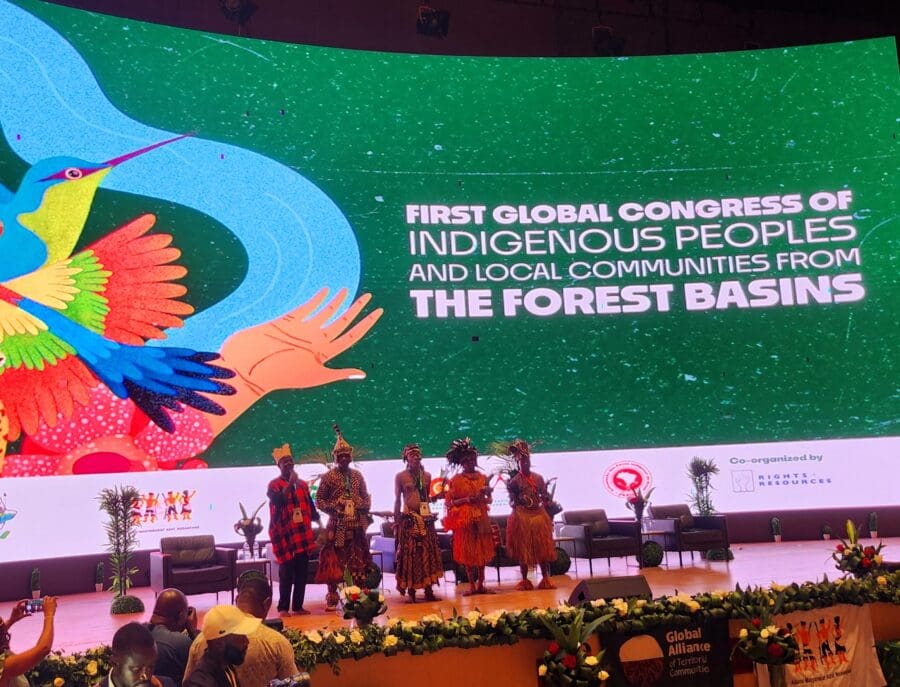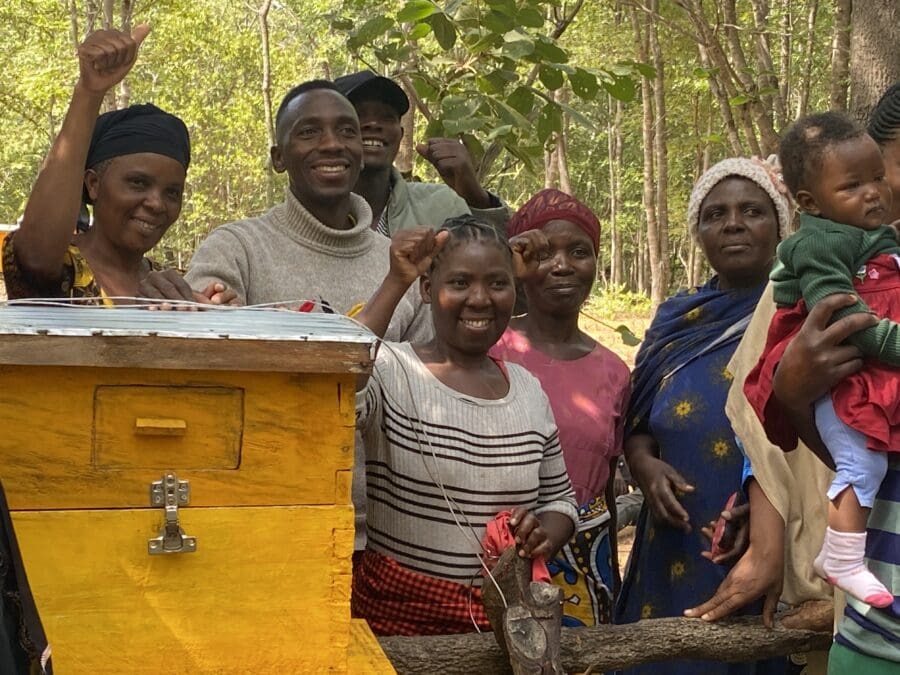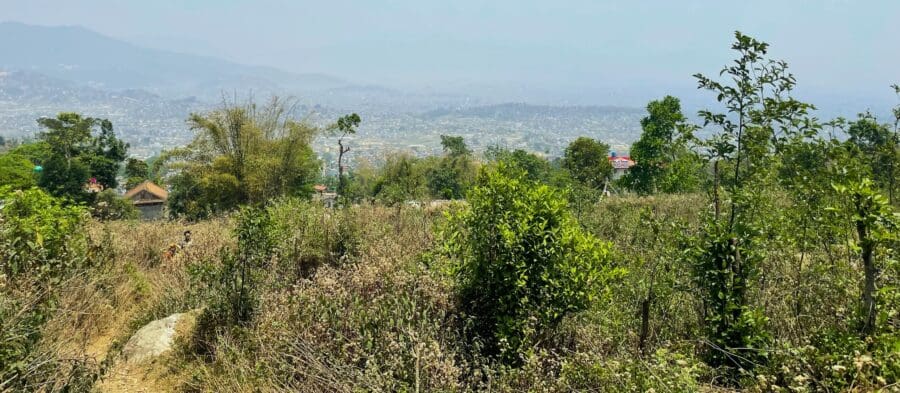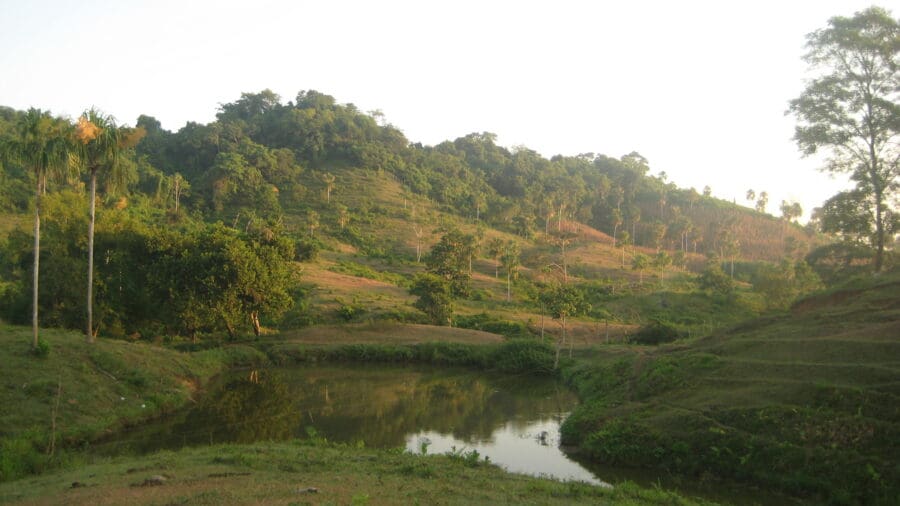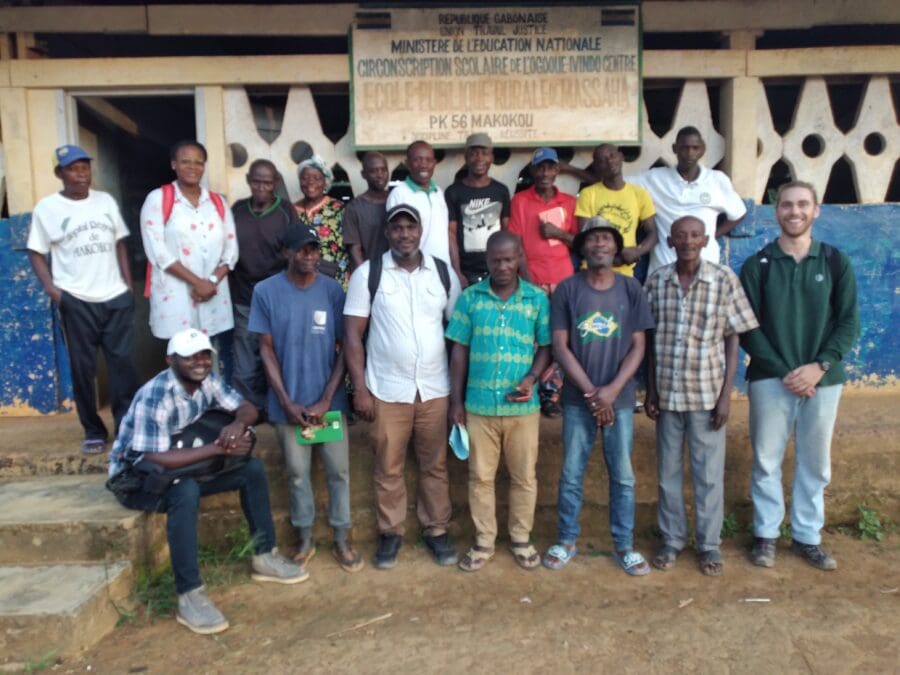Washington, D.C. | July 14, 2025 — The Rights and Resources Initiative (RRI) today released a landmark report commemorating 20 years of global action to advance Indigenous Peoples’, Afro-descendant Peoples’, and local communities’ rights to land, forests, and natural resources.
The report, Rooted and Rising: 20 Years of Collective Impact and the Road Ahead, chronicles both the transformative gains achieved over the past two decades and the critical challenges that remain as global crises intensify.
Launched in 2005 with just five member institutions, RRI has grown into a global coalition of over 200 local and global organizations across Africa, Asia, Latin America, and beyond. Its members include national and regional networks of Indigenous, Afro-descendant, and local community rights organizations and their civil society and international development allies. RRI’s mission is to amplify the voices of communities that steward more than half of the world’s land, yet face persistent threats of dispossession, criminalization, and exclusion from climate and conservation finance.
“Indigenous, local community, and Afro-descendant rights movements have come a long way from 2005, when RRI was founded to fill a huge gap in their recognition as rightful owners and stewards of their lands. Over the last 20 years, we have shown how secure tenure is not just about land—it is about human rights, cultural survival, and protection of the planet’s critical ecosystems,” said Dr. Peggy Smith, Indigenous Cree from Canada and Chairperson of the RRI Secretariat’s Board of Directors. “This report is both a celebration of what communities have achieved and a call to action to finally place them at the center of decision-making about the resources they have stewarded for generations on their own.”
Since its founding, RRI has played a catalytic role in increasing legal recognition and policy reforms for millions of Indigenous, Afro-descendant, and local community members across more than 35 countries in Africa, Latin America, and Asia, particularly their women. It has also created innovative institutions and funding mechanisms to support the implementation of communities’ rights and their climate, conservation, and development projects. These include the International Land and Forest Tenure Facility, CLARIFI, and numerous regional and global networks bringing grassroots leaders together with their international peers and unlikely government and private sector allies to drive real and systemic change.
In addition, RRI’s groundbreaking research and analyses on tenure and a range of intersecting issues, including climate, conservation, gender, and livelihoods, have shaped global discourse on Indigenous and community rights. It also maintains the world’s most comprehensive database on collective tenure rights across more than 75 countries.
A few notable achievements highlighted by the report include:
- At the 2021 UN Climate Conference (COP26) Glasgow, Path to Scale—RRI’s network for donors’ intermediaries and allies—played a key role in catalyzing the $1.7 billion donor pledge to advance forest tenure rights in tropical countries.
- In 2024, RRI’s support for mapping and advocacy of Afro-descendant Peoples’ territorial rights in Latin America and the Caribbean advanced the formal recognition of Afro-descendant Peoples in the UN Convention on Biological Diversity (COP16), bringing them unprecedented political influence and global recognition.
- CLARIFI—one of RRI’s two funding mechanisms for Indigenous and community-led projects—has granted over $25 million to 181 local initiatives in 29 countries. These grants helped secure legal recognition of community rights on 1.4 million hectares in Sub-Saharan Africa and nearly 15 million hectares in the Amazon and Tropical Andes.
- RRI’s support for community women in the DRC and Liberia helped them win legal reforms that guarantee their inheritance and decision-making rights in national land policies.
- In Nepal, a country that relies heavily on community forestry and Indigenous methods to maintain its forest cover, the national Indigenous federation (NEFIN) mobilized a campaign with RRI’s support to successfully halt an attempt to create the Mera Peak National Park without local peoples’ consent.
KP Sharma Oli, the Prime Minister of Nepal, acknowledged RRI’s support for his country’s forest communities at the coalition’s 20th anniversary celebration in Kathmandu this week: “Since 2007, the RRI coalition has worked closely with Nepal’s community forestry movement, one of the most inclusive and successful forest governance models in the world. Thanks to the dedication and stewardship of our local communities, Nepal has significantly expanded its forest cover from 29 percent to over 46 percent, an achievement that speaks volumes about community ownership and grassroots conservation. I express my appreciation to RRI and its global coalition for amplifying the voices of communities, Indigenous Peoples, and women around the world.”
The report not only reflects on achievements, but it also explores challenges that will be faced as RRI continues its work across the globe. Despite historic legal victories, many communities still lack meaningful control over their territories, while violence against land defenders persists at alarming rates. Women and youth remain underfunded and underrepresented in global decision-making, even as they lead many of the most innovative solutions on the ground.
As RRI enters its third decade, it is calling for a global shift in development approaches, particularly for climate, development, and conservation institutions: from top-down, bureaucratic models to ones that place power, resources, and decision-making directly into the hands of local peoples.
“The next decade will determine whether the world finally lives up to its commitments to Indigenous Peoples, Afro-descendant Peoples, and local communities,” said Dr. Solange Bandiaky-Badji, RRI’s President and Coordinator. “The evidence is clear. Securing collective land rights is one of the most effective strategies for addressing the climate and biodiversity crises, and for ensuring justice.”
The full report is available at https://rightsandresources.org/20th-anniversary-report/


